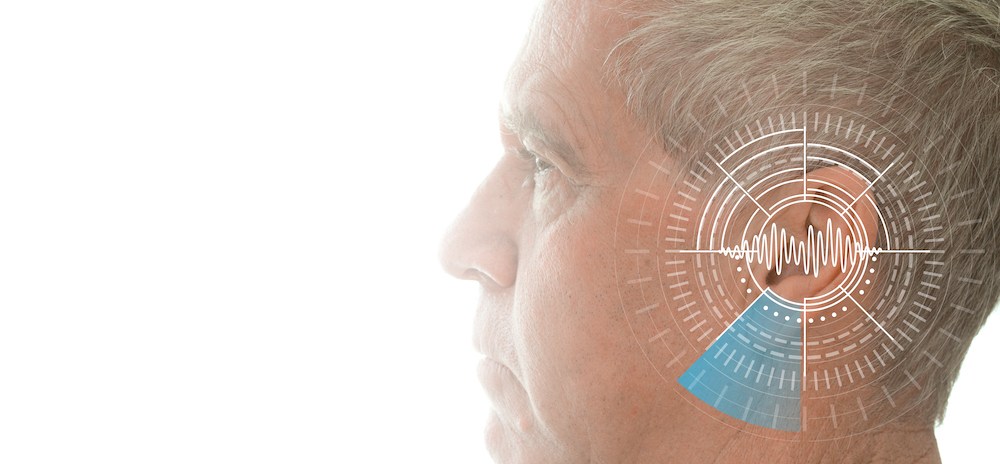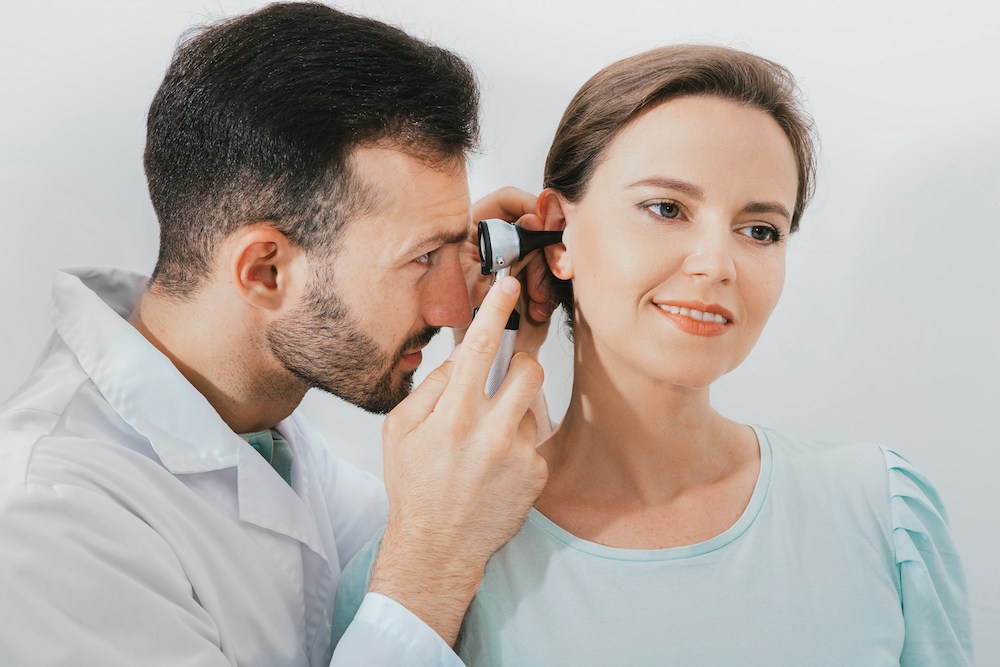What Really Happens When You Ignore Hearing Loss
When hearing loss first develops, many people choose to wait before


When hearing loss first develops, many people choose to wait before

Understanding insurance coverage for hearing aids can be complicated,

When it comes to checking hearing, children and adults require different